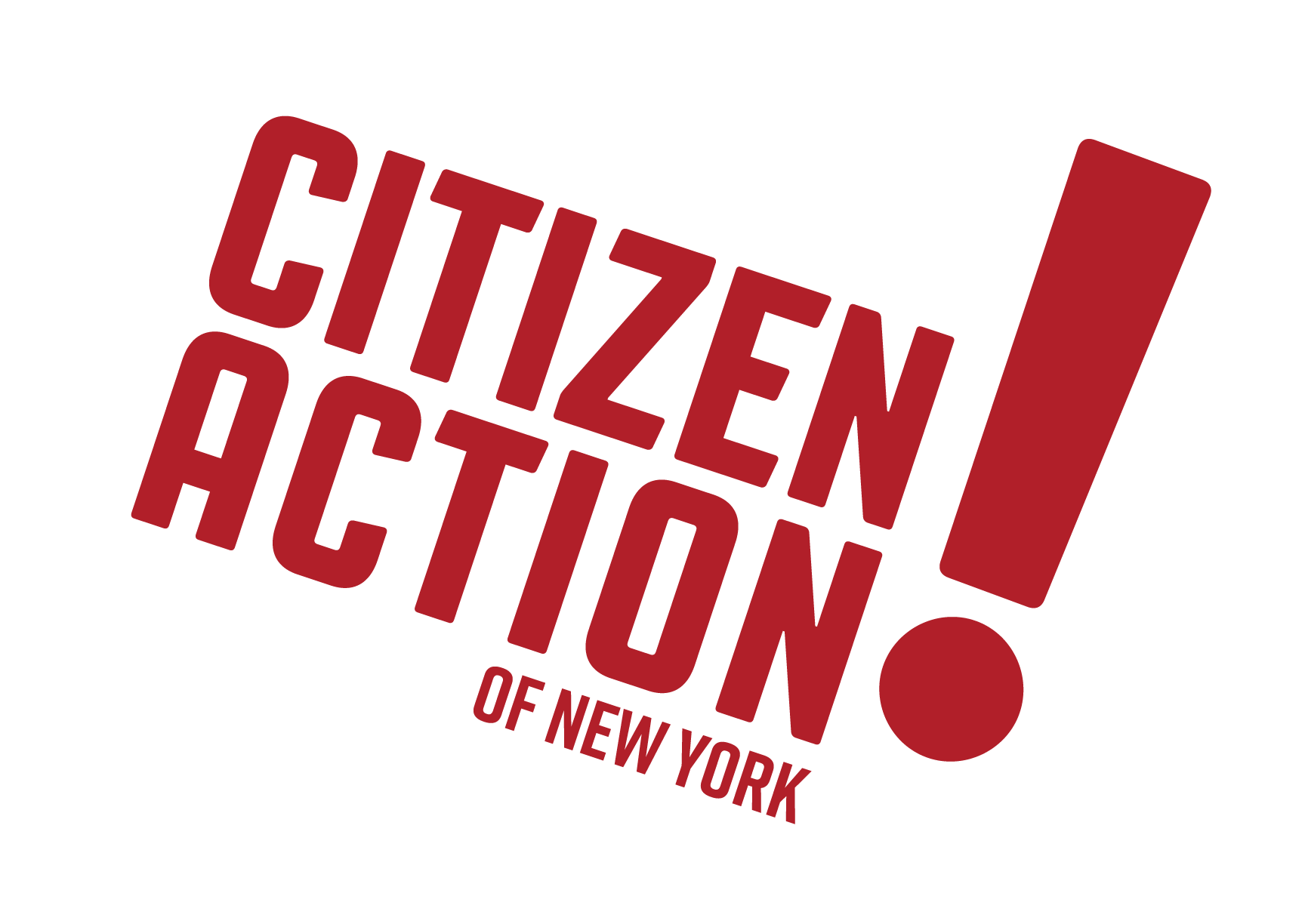Say what? The multi-year fight by New York health insurance consumers to stop oversight of their sky-high rates took an almost amusing turn in early October when an Albany insurance industry lobbyist argued that documents that health insurers use to determine how high they can set their rates are not available to the public. Why? Because we’re too dumb to use the information. Luckily, the new state official charged with oversight over those rates, Department of Financial Services Superintendent Benjamin Lawsky, isn’t buying this argument. Lawsky announced in September that a new Department policy that the detailed information submitted by health insurers to justify rate increases, including memos prepared by company actuaries will be made publicly available, as in 12 other states.
The fight sounds arcane, but it’s really about the right of the average consumers to participate meaningfully in governmental decisions that affect us, especially when it comes to basic needs like health care. After years of double-digit rate increases by health insurers for plans purchased by individuals and small businesses, a law that Citizen Action and its allies at Health Care for All New York helped get passed in 2010 allows the Department of Financial Services (formerly the State Insurance Department) to review proposed health insurer rate increases and to reject the increase if the Department finds that the increase is not financially justified. And, the new law explicitly states that consumers can submit formal written comments to the Department on their position on the rate increase. Obviously, the only way consumers – and consumer organizations – can meaningfully participate in the process is if we have access to the financial documents that health insurers submitted to the Department to justify their rate proposals. One of the main reasons company lobbyists are screaming bloody murder is because to deny consumer groups the financial data means we can’t effectively participate in the process set up by the new law.
The argument made by Empire attorney Sean Doolan that releasing the documents “could cause not only confusion … to the layman policyholder” and contains “esoteric … pricing concepts best understood by fellow actuaries” is a total red herring. Consumer groups can and have already hired their own actuaries to represent them in insurer rate proceedings, just like “lay” consumers participate in many other complex legal proceedings by hiring lawyers, actuaries, accountants and other professionals. Releasing health insurer documents is not called confusing consumers. It’s called democracy.
Click here for Citizen Action’s letter to the Department praising its decision, and click here for the New York Times article on the fight.

